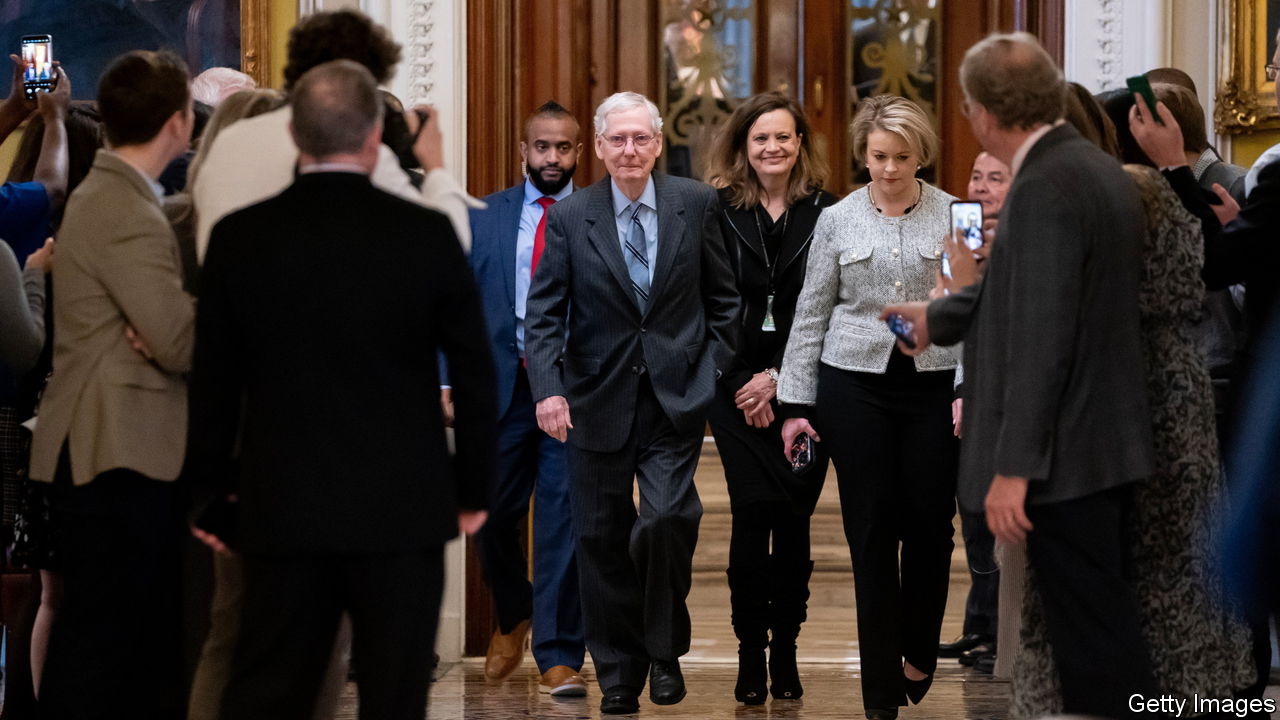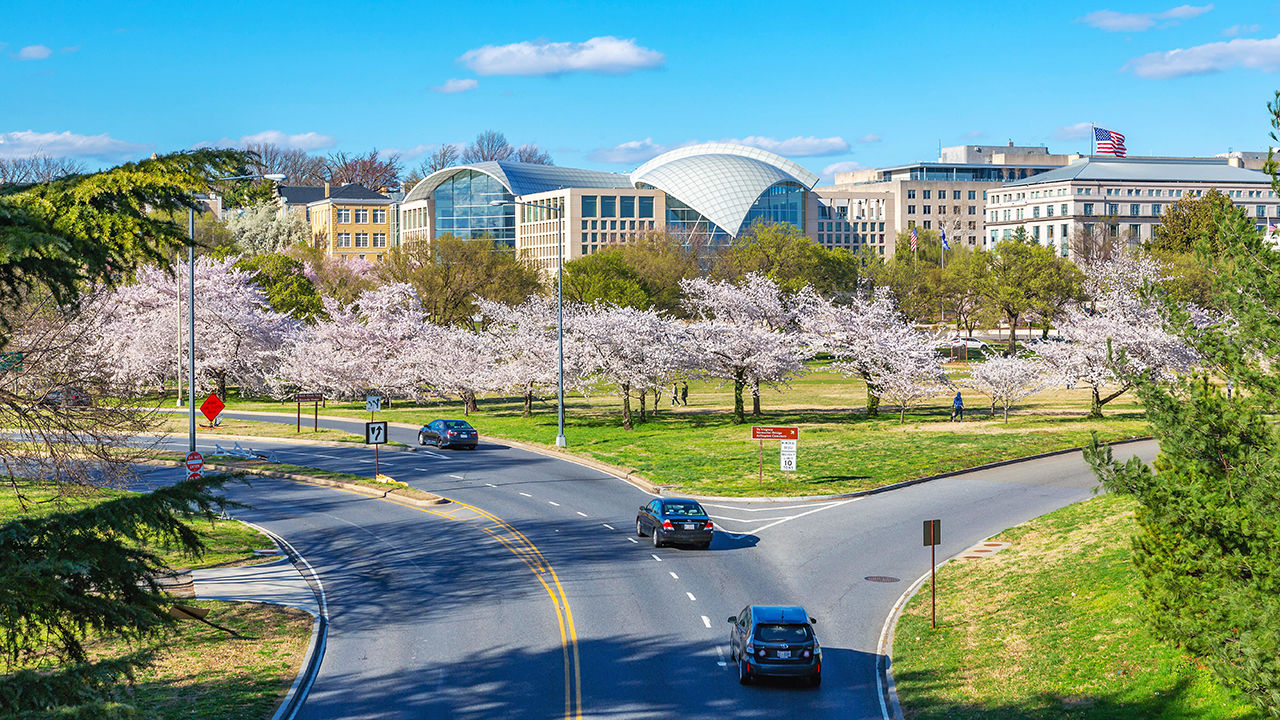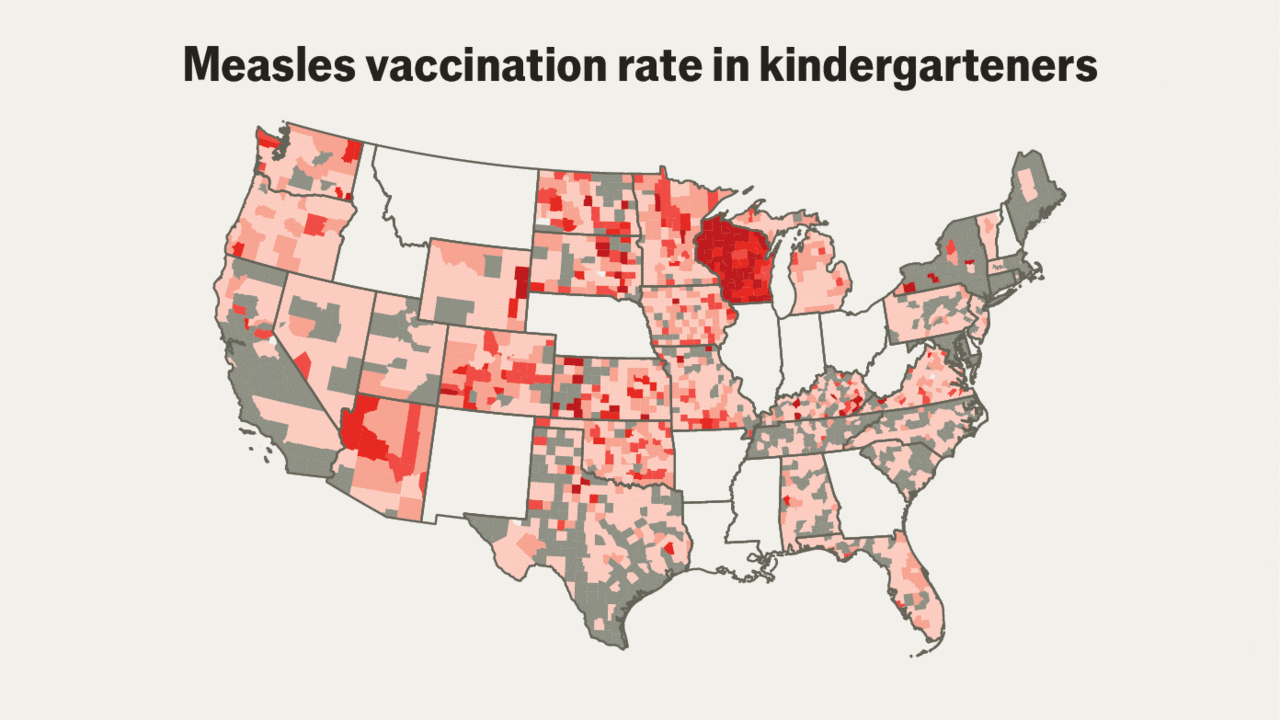Mitch McConnell has been overrun, writes James Bennet, our Lexington columnist
Senator Mitch McConnell of Kentucky was right a few years back to call his radical move to block President Barack Obama from filling a vacancy on the Supreme Court his “most consequential decision”. It had not only profound consequences for the country but also unintended, bitter consequences for him, leading to a new version of the Republican Party in which some of his most cherished policy objectives and even his service are no longer much honoured. Mr McConnell announced on February 28th that he would step down as the Republican leader in the Senate, a post he has held, in the majority and minority, since 2007, making him the longest-serving Senate leader in history.
By holding the Supreme Court seat open, in defiance of Senate practice since at least the civil war, Mr McConnell heightened the stakes of the 2016 election, particularly for evangelicals. In case voters might not be getting the message, Donald Trump took to simply shouting “Supreme Court” at some rallies. Luck also had a role in producing the inside straight that got Mr Trump elected via the electoral college, but that open court seat was a crucial card.
But Mr Trump proved to be a very different kind of Republican, one with little regard for institutions that Mr McConnell revered and no patience for the Reaganite vision of America’s role in the world that the senator believed in. Mr McConnell no longer speaks to his party’s pre-eminent leader—has not done so, in fact, since the attack on the Capitol on January 6th 2021.
Mr McConnell reportedly believed Mr Trump’s role in stirring up the mob that day was an impeachable offence, but, with his caucus moving the other way, ultimately voted to acquit him on flimsy procedural grounds. He thought that Mr Trump had ruined himself politically. Instead, in his waning days as leader, Mr McConnell has been overrun by younger senators who embrace Mr Trump and reject the support to Ukraine that Mr McConnell considers vital to American interests. Mr McConnell acknowledged he was out of step with his party in the speech announcing his decision, but implicitly rebuked some of his colleagues by repeatedly invoking Reagan, affirming his conviction in the need for America’s “global leadership” and adding, “For as long as I draw breath on this Earth, I will defend America’s exceptionalism.”
Maybe Mr McConnell hoped that blocking Mr Obama’s choice would ultimately result, as it did, in a court conservative enough to overturn Roe v Wade. But if so he seemed unprepared for the consequences of that, too. My colleague Sacha Nauta writes this week about how the logic of the pro-life movement, given free rein by the court, is leading to outcomes like the Alabama Supreme Court’s decision that embryos created by in vitro fertilisation are “extrauterine children”. As fertility clinics in Alabama suspend the treatment, parents desperate for children are panicking, and Republicans nationally are scrambling to protect themselves from the political backlash without alienating the most stalwart anti-abortion voters.
Mr McConnell’s brief speech was a moving reminder that politicians are also human beings, which is part of what I was going for in writing last week’s newsletter, in a far less melancholy key, about presidents and their animals. One of you wrote back to me that the subject was “asinine”, but others played along. Citing W.C. Fields’s rule that one should never work with children or pets, Mark Cohen wrote from Australia with a thought that hadn’t occurred to me to explain why Mr Trump may not keep pets: “He understands how easily he may be upstaged, performer that he is.”
Linda Gartz described the experience of having a flying squirrel, Hermann, as a pet (“the little scamp would jump and soar from person to person”), along with a boa constrictor, a raccoon and other creatures. “They enriched my childhood,” she wrote, “and taught me a great deal about empathy, caring for another living being, and also about the reality of predator and prey in our world.” ■

 Economics1 week ago
Economics1 week ago
 Economics1 week ago
Economics1 week ago
 Economics1 week ago
Economics1 week ago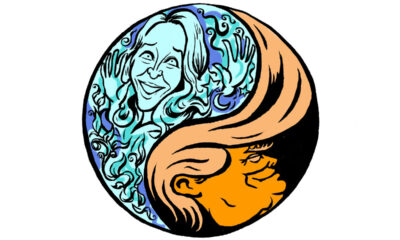
 Economics1 week ago
Economics1 week ago
 Blog Post1 week ago
Blog Post1 week ago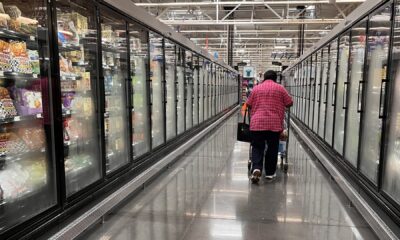
 Economics1 week ago
Economics1 week ago
 Economics7 days ago
Economics7 days ago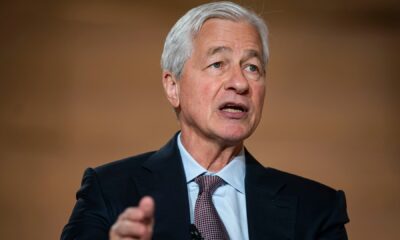
 Economics1 week ago
Economics1 week ago
